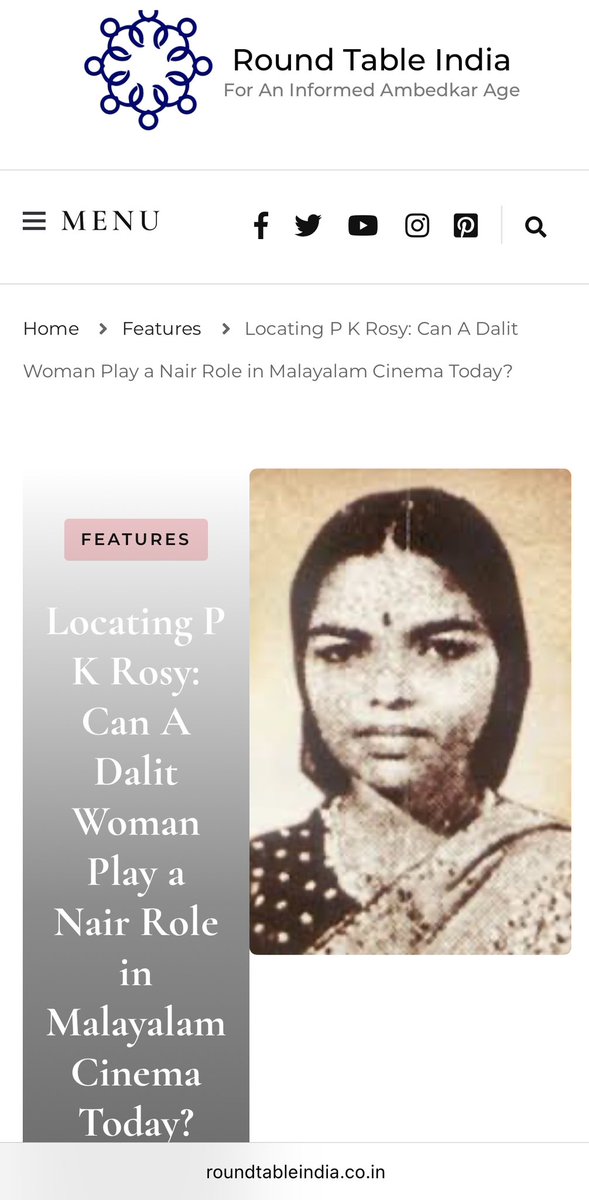
We, as south Asians, have not invented anything worthwhile in the entire epoch of modern history. No #ChatGPT no #Google no #Amazon no fb, no car, no phone, no electricity, no printing press, no motion pictures. Nothing. What could be the reasons? #MaxWeber Thread 🧵⬇️
I sometimes do this simple exercise of asking university students during a lecture or seminar to list the objects around them, and name any item that might have been invented by Indians or Indian institutions. Not once have I encountered anyone affirmatively naming an object.
It holds out if we just look at the items in our homes — bulb, fan, cooler, air conditioner, air purifier, washing machine, OTG, microwave, pen, watch, phone, TV, radio, etc. We can’t attach a single invention to an Indian name. This proves that India is a no invention nation.
India and the world should not live with this status quo where one-sixth of the humanity is not contributing to the advancement of science and technology. Here’s a list of few hypotheses that can provide an entry point into the conundrum of why India is a ‘no invention’ nation.
We have segregated work from knowledge. The dominant Indian belief considers manual labour a ‘lowly’ job to be done by ‘lowly people’. This also means that there is little technological brainstorming towards making manual labour easier.
Moreover, large swaths of the population engaged in manual labour have been historically kept out of the knowledge domain.
This disconnect is detrimental to the advancement of technology, which only prospers at a workshop.
This disconnect is detrimental to the advancement of technology, which only prospers at a workshop.
James watt invented the steam engine in a workshop. Modern watch was invented by a locksmith. So was the printing press.
In India, however, these works have been done not by individuals but by castes, whose members have no access to knowledge. We had (and still have) a caste to wash clothes. The knowledgeable rishis in gurukuls never felt the need to make a machine to make their work easier.
The Indian idea of knowledge is grossly mistaken. We do not accept that the artisans, farmers, persons associated with animal husbandry or the tribes have produced any knowledge.
The Indian idea of knowledge has religious connotations and puts a premium on memorising texts. China has a tradition of writing texts, whereas in India, “mechanical rote learning of orally transmitted Vedas, Shrutis and Smritis” is considered the highest form of knowledge.
Professor Kancha Illaiah Shepherd, in his book Post-Hindu India argues that all knowledge produced in India belonged to the subaltern classes and tribes.
Traditionalism has killed the spirit of capitalism. The Hindu dogma of samsara (world) and karma (deed) has put shackles on the Indian mindset, making us believe that all individuals are born into a caste because of their deed in the previous life.
Sociologist Max Weber, in his book The Religion of India, explains: “So long as the Karma doctrine was unshaken, revolutionary ideas or progressiveness were inconceivable. The lowest castes had the most to win through ritual correctness and were least tempted to innovations.”
Weber goes on to argue that “it is extremely unlikely that the modern organization of industrial capitalism would ever have originated on the basis of caste system.”
He explains that since Hinduism holds any change in occupation as ritual degradation and bad karma, it is not capable of giving birth to industrial and technical revolutions.
Unless these factors are acknowledged and efforts made to counter their prevalence, we can only dream about that day when the US or China will threaten to ban Indian apps. The Indian idea of merit and knowledge needs a catharsis.
Until we achieve it, we can be happy being a self-proclaimed IT guru and keep on supplying cheap coders to the world.
• • •
Missing some Tweet in this thread? You can try to
force a refresh

















